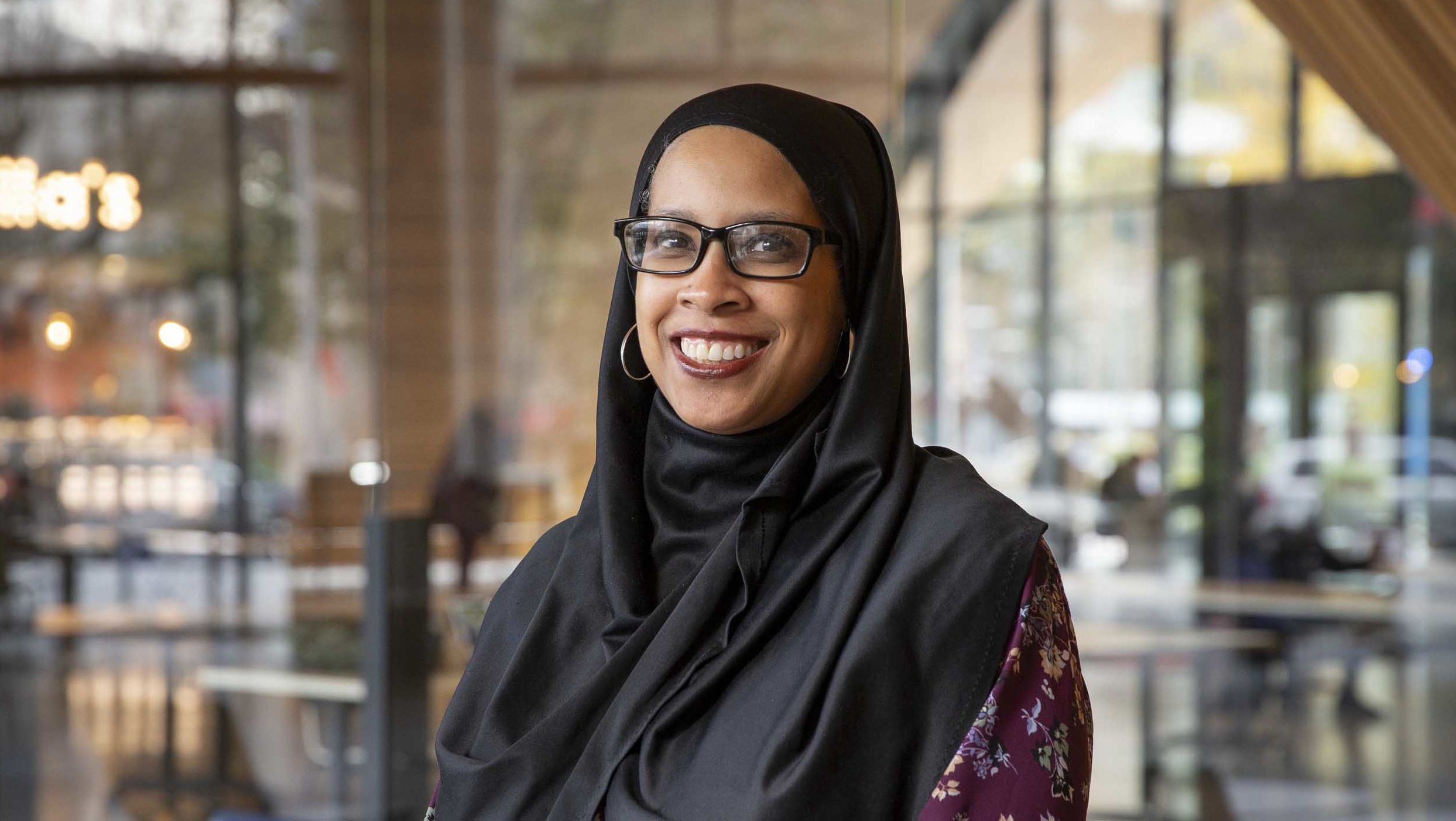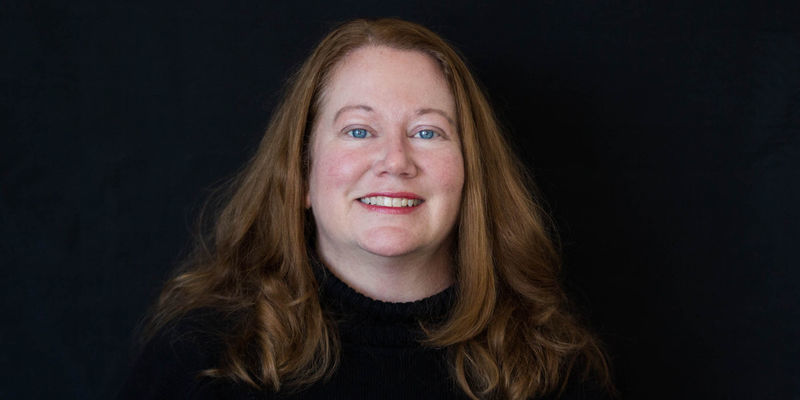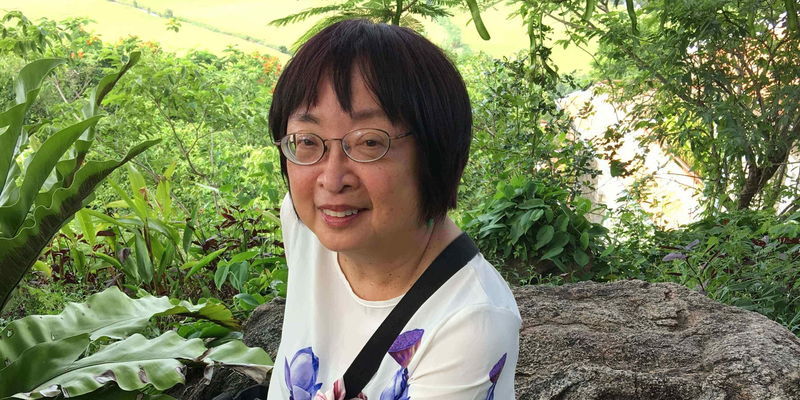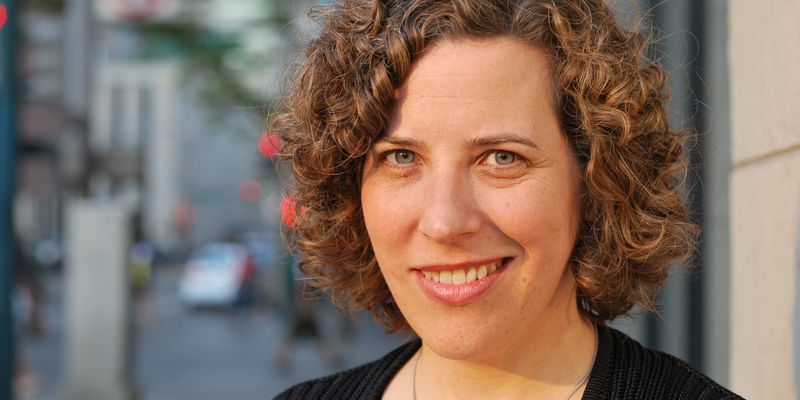Ensuring everyone has an opportunity to dance
In this Q&A, Temple’s Assistant Vice President for Institutional Diversity, Equity, Advocacy and Leadership discusses what inclusion means and why it’s so important.

After earning her master’s and doctorate degrees from Temple, Tiffenia Archie, CLA ’94, ’03, returned to the university in 2007 to serve as director of faculty recruitment and retention. Since 2016, she has been leading Temple’s Office of Institutional Diversity, Equity, Advocacy and Leadership (IDEAL).
IDEAL works to foster diversity, social justice and inclusivity at the university by bringing students, faculty, staff and members of the surrounding community together to share and learn from diverse perspectives through events, programming and training.
We spoke with Archie about the role IDEAL plays in creating a campus environment that cultivates innovation and excellence.
Temple Now: Why is it important for an institution such as Temple to have an office dedicated to promoting diversity, equity and inclusion (DEI) on campus?
Tiffenia Archie: First, DEI is important for any organization but it’s especially important at an institution of higher education. If we’re not thinking about and teaching about DEI and putting it into practice each day, then we’re failing our students.
Students go to college to learn skills like critical thinking and reading and writing, and DEI is part of that important skill set. Of course, there’s the social justice element that’s important as well, meaning that it’s also just the right thing to do.
But, there’s also a lot of research that supports the value of diverse groups: Diverse groups are more productive; they’re more creative; they’re more innovative. And those are the qualities that make an organization great.
A lot of colleges and universities started out on this road toward DEI in the compliance realm—with wanting to meet affirmative action criteria, etc., but, in fact, multicultural inclusivity is extremely fundamental to the purpose of higher education and to Temple’s mission. Today, at universities around the country, and especially here at Temple, we say that we need to equip students with the skills they need to be truly global citizens and to be able to live and lead in a very diverse multinational world, and that’s what DEI is all about. IDEAL spearheads that effort on campus.
These issues were underscored last summer after George Floyd’s murder. The incident magnified people’s interest in understanding these issues, but at IDEAL, we have been here for the university community, promoting DEI and having those conversations for a long time.
TN: In relation to the events of last summer when protests erupted around the world in response to Floyd’s murder at the hands of police, and your work at IDEAL was thrust into the spotlight. How did your office help folks navigate this difficult time?
TA: The biggest thing, and really the foundation of all our work, was our Anti-racism Dialogue Sessions. These sessions created a time and space when people throughout the Temple community could come together and process what had happened but, even more importantly, they could consider what action would look—what are the things that people could do to begin to feel empowered.
A lot of the discussion revolved around: What does it mean to be anti-racist; how do we define anti-racism; what does anti-racism in action look like?
It was interesting because we already had a dialogue for students on our schedule when George Floyd’s murder happened. Dialogue is our methodology because we believe in bringing people together and creating the space to have brave and courageous conversations. Following Floyd’s death, we opened the event to the broader community, including alumni.
In all, just because of the interest, we hosted three or four of these events that brought about 1,500 people together as a community to have these important conversations to discuss not only the pain and the trauma, but where do we go from here?
We hold dialogues and discussions because we’re really not interested in performative kinds of things. We don’t want to just read the book and that’s it. We read the book and then think about some actions we can take.
This series of dialogues became a catalyst for a fruitful partnership with Human Resources that enabled us to create a noncredit certificate on inclusive supervision for Temple staff members. We had supervisors coming to us and asking, “How can I learn to better understand and recognize the needs of a very diverse team or diverse department, or how can I enhance my skills to be more inclusive and to think about people’s particular needs?”
It’s not really like we are actually doing anything new that we haven’t done before, we’re just doing it much bigger and we have a much bigger audience and that’s exciting for us.
At IDEAL, we really do believe that people can be transformed—that we can actually learn to be less racist, less sexist, less homophobic and less transphobic. That’s why we’re so dedicated to this work.
TN: You mentioned that your dialogues offer “brave and courageous” spaces. Can you say a little bit about what that means?
TA: Right. It’s interesting because we place a real emphasis on making sure our conversations are taking place in safe and brave or courageous spaces.
People often come into group environments and expect that they’re never going to be challenged or they’re never going to be pushed or there’s never going to be any kind of discomfort.
We’re trying to help people get out of that kind of mindset. We’re trying to create spaces, where we can be vulnerable, and we can be authentic and we can show up as who we are. And that we can be OK sitting in that discomfort.
Of course, it’s not comfortable talking about our own racism or sexism or our own antisemitism or our own kind of Islamophobia, or even our own social identities.
And so, we try to create safe spaces where people feel comfortable having those very difficult conversations, because having those hard conversations is the only way we can grow.
It’s like this: You’re going to tell us about the ways unconscious bias shows up in your life, and we’re going to tell you the ways in which unconscious bias shows up in our lives, and then we’re all going to talk about strategies that we can use to help us mitigate our unconscious bias.
TN: What role does DEI play in attracting students and employees to Temple?
TA: Our students and our faculty and staff need to feel like they’re in a space where they’re valued, supported and heard.
And that’s what we’re trying to do and we’ve done a lot of work really helping people understand that’s what inclusion is about. That’s really our goal.
It’s not enough to simply check off some boxes and say this is who we have in our environment. We have to take the next step and think about how we can make sure that everyone, from all backgrounds … of all races … feel they are supported.
You may have heard the phrase, “Diversity is being invited to the party; inclusion is being asked to dance.” And that’s what we are really trying to do: create spaces where everybody is dancing; where everybody feels valued and supported. And it goes back to what I said in the beginning—diverse organizations are more creative, more innovative—there are real benefits that come to really diverse organizations.
TN: What else should we know about your office and the role it plays at Temple?
TA: We can’t do this work without all of the collaboration that we have from our campus partners and throughout the university. That’s the only way. We love that there are those who are at the table fighting for us and advocating for diversity, equity and inclusion. It’s everybody’s responsibility, and that’s what makes Temple a great university.


